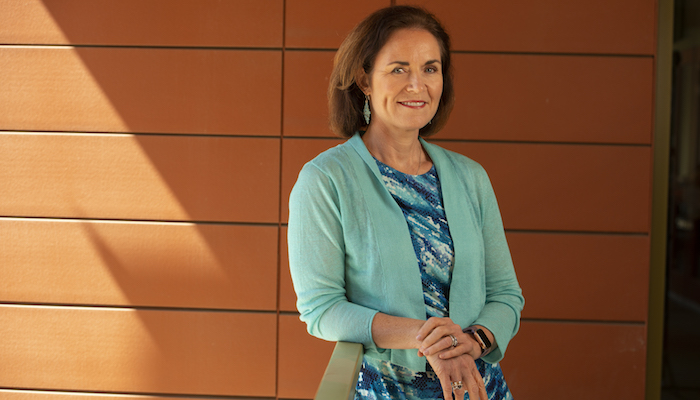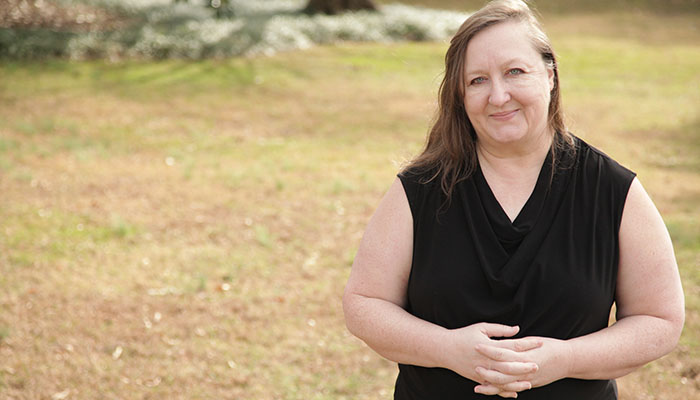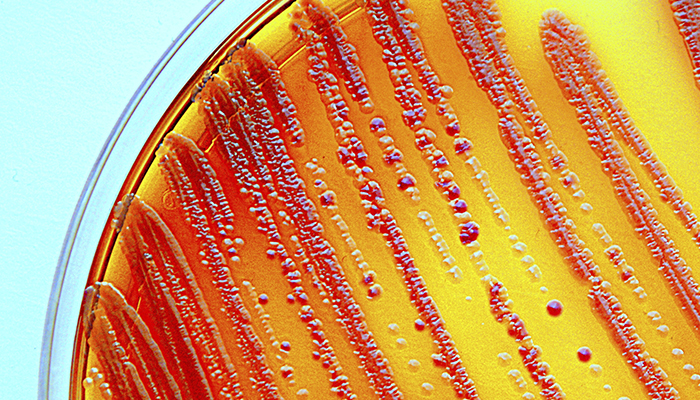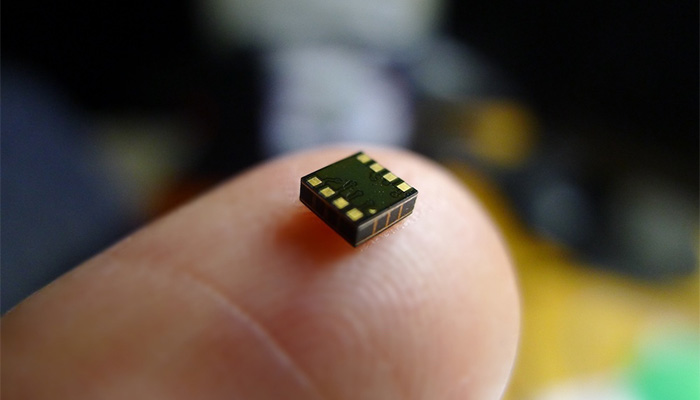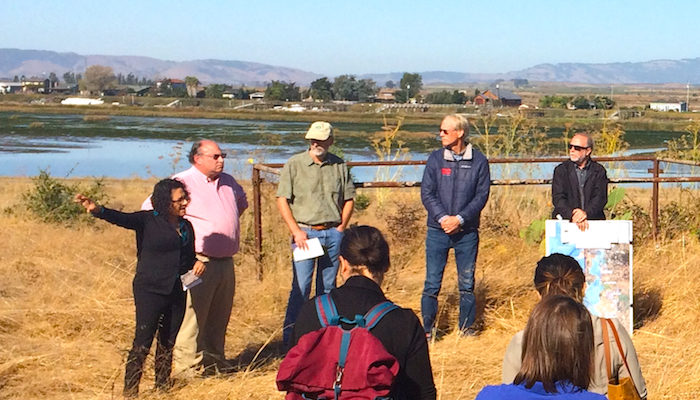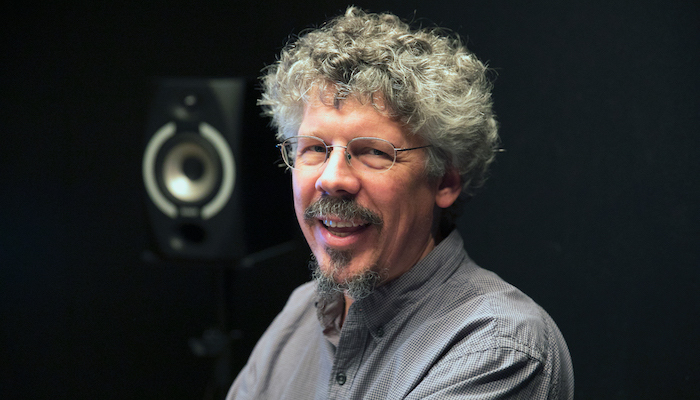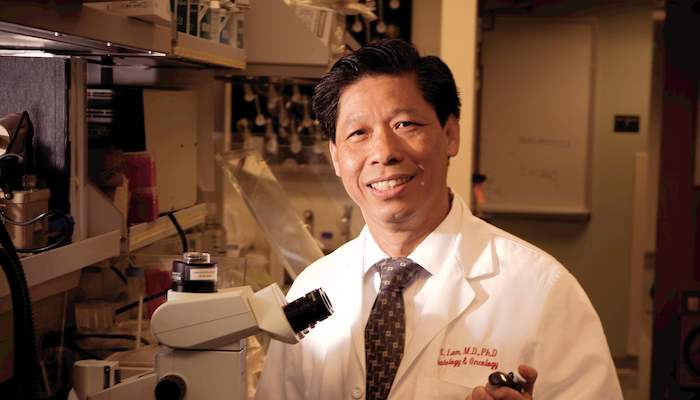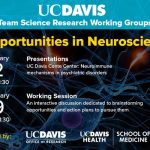UC Davis Leads $3M Community-based Project in Yolo County Targeting Adverse Childhood Experiences
Leigh Ann Simmons, a professor and chair in the Department of Human Ecology and co-director of the Perinatal Origins of Disparities (POD) Center, has received a $3 million award to build and strengthen community-based health and social support systems in Yolo County to address Adverse Childhood Experiences (ACEs) and toxic stress.
ACEs can include experiences such as witnessing violence in the home or community, abuse or neglect. Research has shown that ACEs and toxic stress in childhood can have lifelong negative consequences on health and well-being. Some of the health consequences include higher rates of chronic disease, shorter life span, homelessness, unemployment and behavioral health problems.
“This award will enable Yolo County to build a truly responsive and integrated network of care,” said Simmons. “It will move people seamlessly from screening for ACEs and other social determinants of health to receiving buffering supports and services designed to promote their well-being and build resilience.”
The POD Center at UC Davis will be working with six key collaborators on the project, all of which are dedicated to creating a connected, trauma-informed community for Yolo County residents: CommuniCare Health Centers, Winters Healthcare Foundation, First 5 Yolo, Yolo County Children’s Alliance, Resilient Yolo and Unite Us.
The UC Davis grant is one of 35 awarded by the State of California Department of Health Care Services in partnership with the Office of the California Surgeon General. The ACEs Aware grants, which totaled $30.8 million, are part of an ambitious goal to strengthen the capacity of health care providers across California to screen, treat and heal patients with ACEs.
California Surgeon General Nadine Burke Harris, a graduate of the UC Davis School of Medicine, is a nationally recognized expert on the health impacts of childhood trauma. In announcing the awards, Burke Harris said: “The science is clear: without intervention, Adverse Childhood Experiences and the resulting toxic stress response can lead to lasting negative mental and physical health outcomes.”
The 18-month grant to UC Davis will allow the team to build and strengthen a robust network of care to respond to ACEs and toxic stress with community-based health and social support that meet the needs of children, adults and families.
In addition to buffering the negative effects of ACEs on children, the researchers hope to prevent intergenerational transmission among affected families.
“As part of our sustainability plan, we will establish care pathways and shared data resources that our team can use. This will allow us to contribute to the emerging evidence on effective community responses to ACEs and ensure that we are meeting the needs of Yolo County,” said Simmons.
The POD Center is one of four IMPACT centers launched in 2019 with funding from the Office of Research. These multi-disciplinary research centers were designed to align campus strengths with unique opportunities for global impact.
“I am very pleased that the POD Center, along with the partner affiliates, has been selected by the state and the surgeon general to address Adverse Childhood Events and toxic stress,” said Prasant Mohapatra, vice chancellor for research at UC Davis. “With this grant, researchers and health providers can leverage their collective strengths to serve the needs of our community and create positive health outcomes for the future.”
Contacts
- Leigh Ann Simmons, Professor and Chair, Department of Human Ecology, [email protected]
- AJ Cheline, UC Davis Office of Research, 530-752-1101, [email protected]
Resources
- Perinatal Origins of Disparities Center
- ACEs Award, State of California Department of Health Care Services
- Media Kit/Photo

